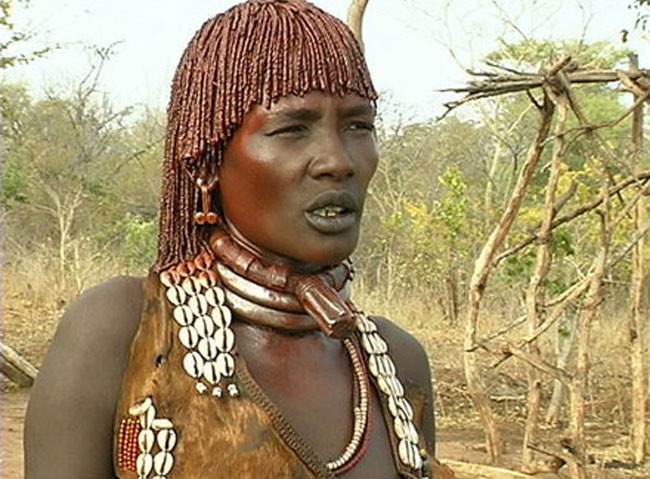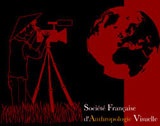Duka's Dilemma
-
Réalisé par Jean Lydall, Kaira Strecker • Écrit par Jean Lydall, Kaira Strecker
-
Allemagne • 2001 • 87 minutes • Digital vidéo • Couleur
- Réalisation :
Jean Lydall, Kaira Strecker - Écriture :
Jean Lydall, Kaira Strecker - Image :
Kaira Strecker - Son :
Kaira Strecker - Montage :
Christina Prudlik, Kaira Strecker
- Production (structure) :
IWF Wissen und Medien GmbH (Institut für den Wissenschaftlichen Film) - Diffuseur :
WDR - Westdeutscher Rundfunk - Ayant droit :
IWF Wissen und Medien GmbH (Institut für den Wissenschaftlichen Film)
- N° ISAN :
ISAN 0000-0005-184F-0000-V-0000-0000-I
Résumé
Pour Duka, jeune femme Hamar du Sud de l'Ethiopie et héroïne des deux précédents film de Jean Lydall, rien ne va plus depuis que son mari Sago a pris une seconde épouse, la jeune et belle Boro. Elle s'interroge : est-elle trop vieille ? Est-ce à cause de sa malaria chronique ? En outre, Duka ne sait quelle place accorder à la nouvelle venue, d'un naturel taciturne. Et, pour ne rien arranger, sa belle-mère ne cesse d'envenimer les rapports déjà difficles entre les uns et les autres.
Grâce aux relations privilégiées que l'anthropologue Jean Lydall et sa fille Kaira - que Duka considère comme une sœur - entretiennent depuis plus de vingt ans avec cette famille, elles parviennent à filmer au plus près cette période critique que chacun des protagonistes commente au fil des évènements : l'accouchement de Boro, celui de Duka, neuf mois plus tard, et une violente dispute entre Sago et sa mère. Au terme de cette crise, les relations entre les deux co-épouses semblent trouver leur équilibre, entre hiérarchie et solidarité.
Duka is a married woman and mother of five young children, living in Hamar, Southern Ethiopia. Ever since her husband married a beautiful, young, second wife, Duka has been in a state of emotional turmoil. Among the Hamar, who live with herds and cultivate small fields of sorghum in their remote, bush-covered country, men are allowed to marry more than one wife, but only a few men ever do so. Duka wonders why her husband married again; did he find her too old, or was he turned off because of her chronic malaria? Also, she doesn't know what to make of the new wife who is silent and never expresses her feelings except in rage? And on top of this, her mother-in-law keeps making trouble and is angry with her son for marrying a second wife behind her back. Personal and intimate, the film follows the drama of this family in crisis, the high points of which are the birth of the new wife's child, and nine months later, a heated dispute between the mother-in-law and her son, which leads to the building of a new house. Duka, her husband, her mother-in-law and the second wife voice their different points of view as events proceed and the crisis finally gets resolved. The language of the film is Hamar, and is translated by subtitles. There is no need for extra commentary from the filmmakers, whose presence and close relationship to the people are always evident
Sélections et distinctions
- 2003 • RAI International Festival of Ethnographic Film • Londres (Royaume-Uni) • Prix du Festival
- 2003 • Festival Cinema Africano • Milan (Italie) • Sélection
- 2002 • Margaret Mead Film Festival • New York (États-Unis) • Sélection
- 2002 • Beeld Voor Beeld • Amsterdam (Pays-Bas) • Sélection
- 2002 • Flahertania International documentary film festival • Perm (Russie) • Sélection
- 2002 • Cinéma du réel • Paris (France) • Sélection
- 2001 • Images en bibliothèques • Paris (France) • Film soutenu par la Commission nationale de sélection des médiathèques
Comment avoir accès au film ?
-
Édition DVD
- Il n'existe pas d'édition DVD à notre connaissance
-
Accès VOD
- Il n'existe pas d'accès en VOD à notre connaissance
- Diffusion non commerciale / Consultation

